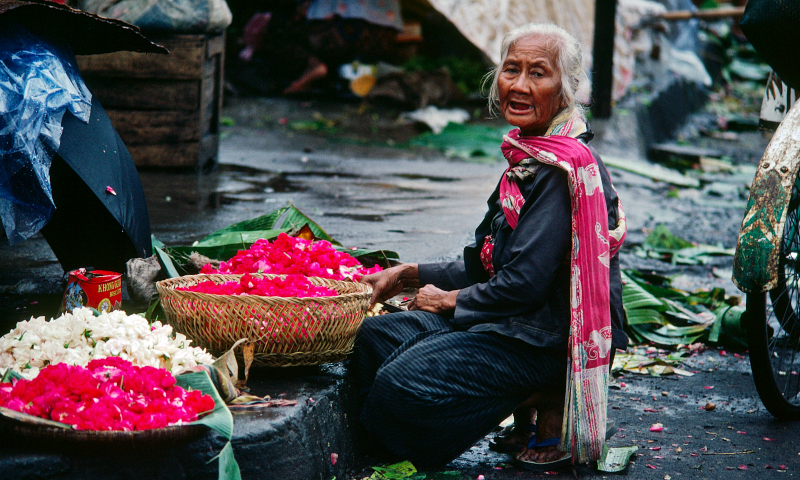
Ministers and Senior Officials from Asia and the Pacific are coming together in Kuala Lumpur, Malaysia from 20 to 23 March 2017, for the First Asia-Pacific MOST Forum of Ministers of Social Development. Together with researchers and scientists, they will explore three important issues reshaping the region: ageing, gender equality and social innovation.
This Forum, organized in the context of UNESCO’s Management of Social Transformations (MOST) programme, will highlight cutting-edge social innovations that have proven effective in addressing the challenges of ageing population and related gender inequality. Top-level decision-makers will gain insight into existing research in order to support production of knowledge for evidence-informed policy design to promote inclusive societies.
Countries in Asia and the Pacific are undergoing population ageing, accompanied by trends of declining fertility and mortality rates. Currently, around 60 percent of the world’s elderly are from the Asia Pacific region. From 2016 to 2050, the number of older persons in the region is expected to more than double from 547 million to 1.3 billion. By 2050, one in four people are expected to be over 60 years old and the proportion of the “oldest-old”, that is, those in the 80+ cohort, is expected to comprise one-fifth of the elderly population.
Ageing also has a clear gender dimension. In Asia and the Pacific, as in most parts of the world, demographic trends have shown that more women than men join the old age cohorts. On average, women outlive men by at least four years. Because women continue to face economic and cultural barriers to fully participate in society at every stage of their lives, the cumulative effect of discrimination can be especially onerous towards older age.
Population ageing is a cause for concern for policymakers from the region, who face the challenge to generate economic growth in a social climate with growing numbers of elderly and declining numbers of younger persons. This includes the provision of accessible healthcare and support structures that promote meaningful integration of the elderly in society.
Solutions often lie in social innovations – new ideas (products, services and models) that simultaneously meet social needs and create new social collaborations. Because social innovations often form in local contexts, UNESCO’s Management of Social Transformations (MOST) programme supports their wider dissemination across countries for higher impact.
The Asia-Pacific Forum will address these challenges, and adopt an outcome document to chart the course for future research to sustain the development of evidence-informed and inclusive policies in the region.
For more information about the Forum:
- Programme
- Background Paper “Current State of Research on Social Inclusion in Asia and the Pacific – Focus on Ageing, Gender and Social Innovation”
- Executive Summary
- Concept Note
Contacts
UNESCO Paris: Cecilie Golden, c.golden(at)unesco.org
UNESCO Office in Jakarta: Irakli Khodeli, i.khodeli(at)unesco.org
Source: UNESCO
To learn more about our work on Ageing, please visit: www.un.org/development/desa/ageing/
 Welcome to the United Nations
Welcome to the United Nations